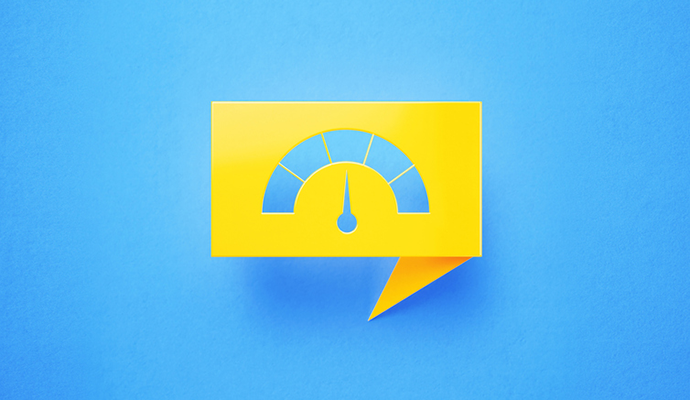Various factors are driving the mental healthcare crisis in America, not least of which is the rising demand for services and the concurrent dwindling supply of mental health professionals. As a result, Americans with pressing mental healthcare needs who are seeking help face long wait times....
[RevCycleIntelligence]

About 1 in 5 healthcare bankruptcies in 2023 owned by PE firms
[HealthCareExecIntelligence]

How to turn healthcare into an API-first industry
[PatientEngagementHIT]

With patient trust low, there are few places to turn for medical info
[LifeSciencesIntelligence]

NIH, NSF fund four Centers for Oceans and Human Health
Do Not Sell or Share My Personal Information
©2012-2024 TechTarget, Inc. Xtelligent Healthcare Media is a division of TechTarget. All rights reserved. HealthITAnalytics.com is published by Xtelligent Healthcare Media a division of TechTarget.